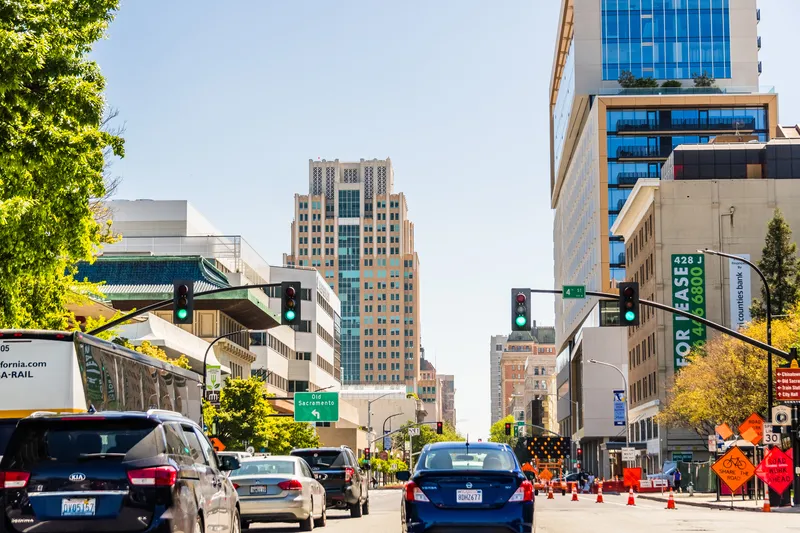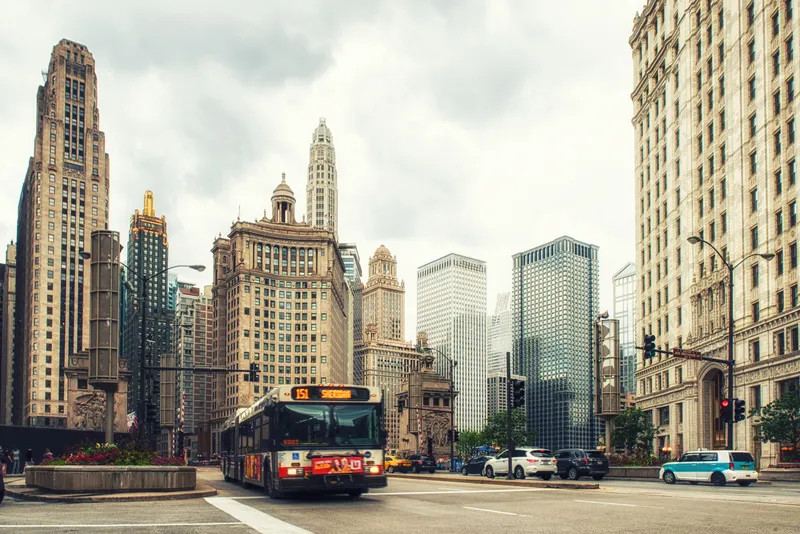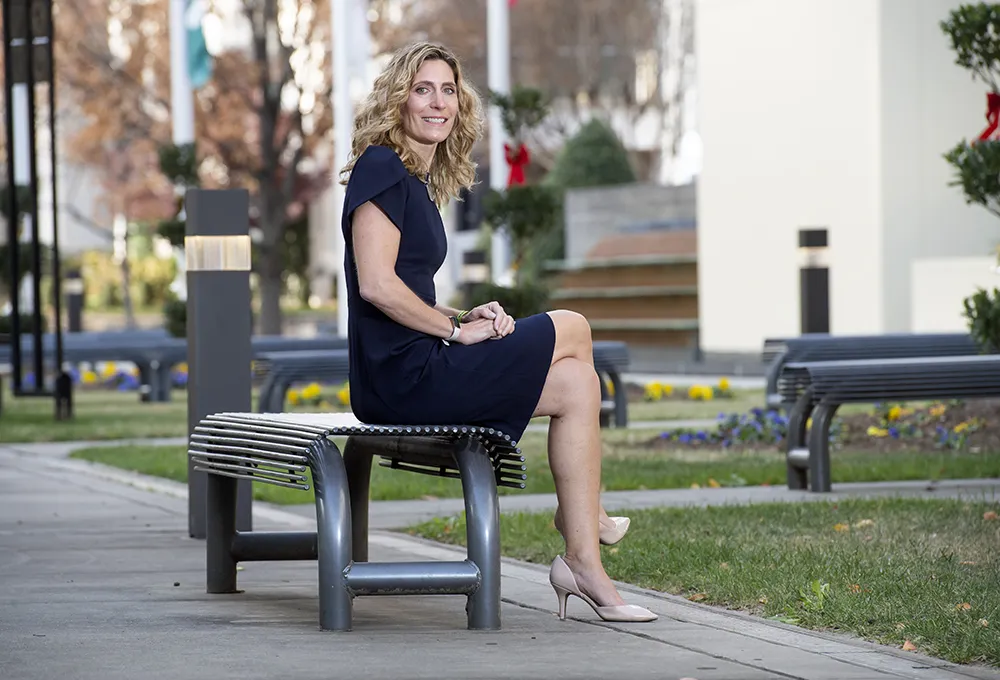
Hayden AI has equipped up to 100 buses in Sacramento, California, with its front-facing cameras to detect and record vehicles which park in bus stops.
Sacramento Regional Transit District (SacRT), in collaboration with the City of Sacramento, launched its new programme the week before Christmas 2024, with a 60-day 'grace period' for motorists.
But from 18 February 2025, the warning letters will stop and drivers who are illegally parked in bus stops will instead receive fines.
Hayden AI's system captures a short video and a photo of the vehicle’s licence plate, and the exact time and location of the incident; the data then goes to the City of Sacramento for manual review and citation processing.
Duncan Solutions provides the violation processing software.
Sacramento's authorities say the initiative will enforce parking regulations at bus stops throughout the city, "ensuring that buses have unobstructed access to kerbs, and passengers can safely board and exit buses at designated stops".
In particular, unauthorised parking creates barriers for people with disabilities and other mobility challenges.
“Clear bus stops are essential to providing a safe and efficient transit experience,” said SacRT general manager/CEO Henry Li. “This programme will help improve accessibility for all riders, especially those with mobility needs, while keeping our transit service reliable and on schedule.”
Later in 2025, Hayden AI's cameras will also be used to enforce bike lane violations by motorists.
“We are committed to making Sacramento a more accessible and transit-friendly city. This partnership with SacRT is an important step forward,” said Staci Hovermale, parking manager, City of Sacramento. “By keeping bus stops clear, we can better serve all our residents and make sure buses are running efficiently and safely.”
SacRT conducted a 70-day pilot last summer on two busy downtown routes (bus routes 51 and 30) to assess the impact of vehicles illegally parked in bus stops. During this time, 286 parking violations obstructing bus stops were detected.
The US cities of Oakland, Los Angeles, Washington DC and New York already have automated bus stop enforcement with bus-mounted camera systems.








